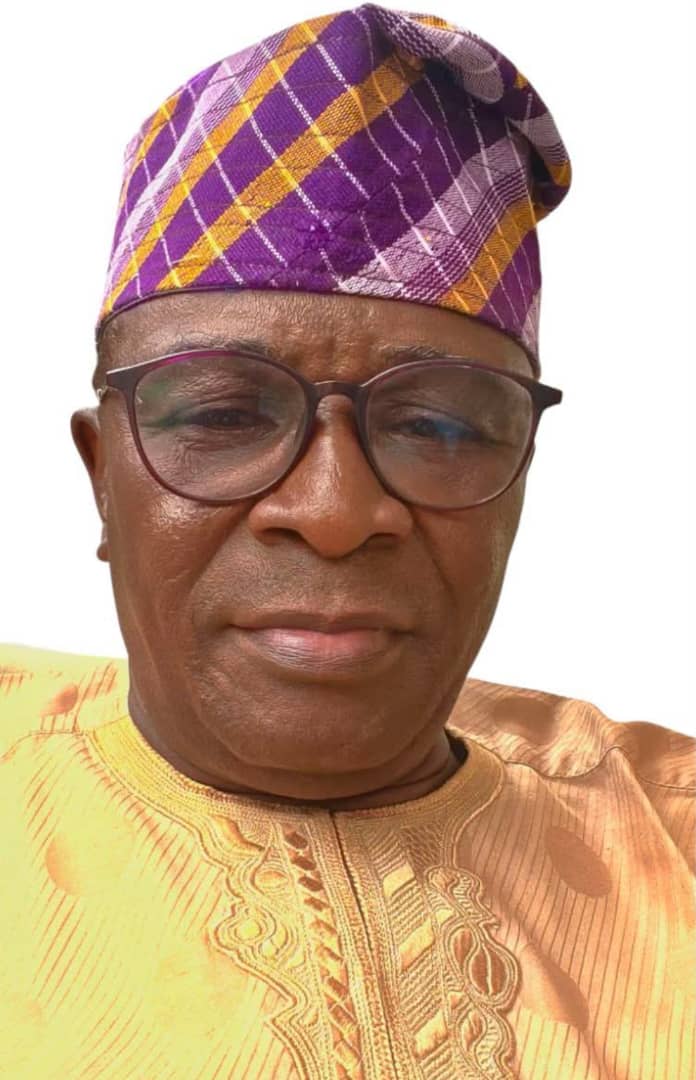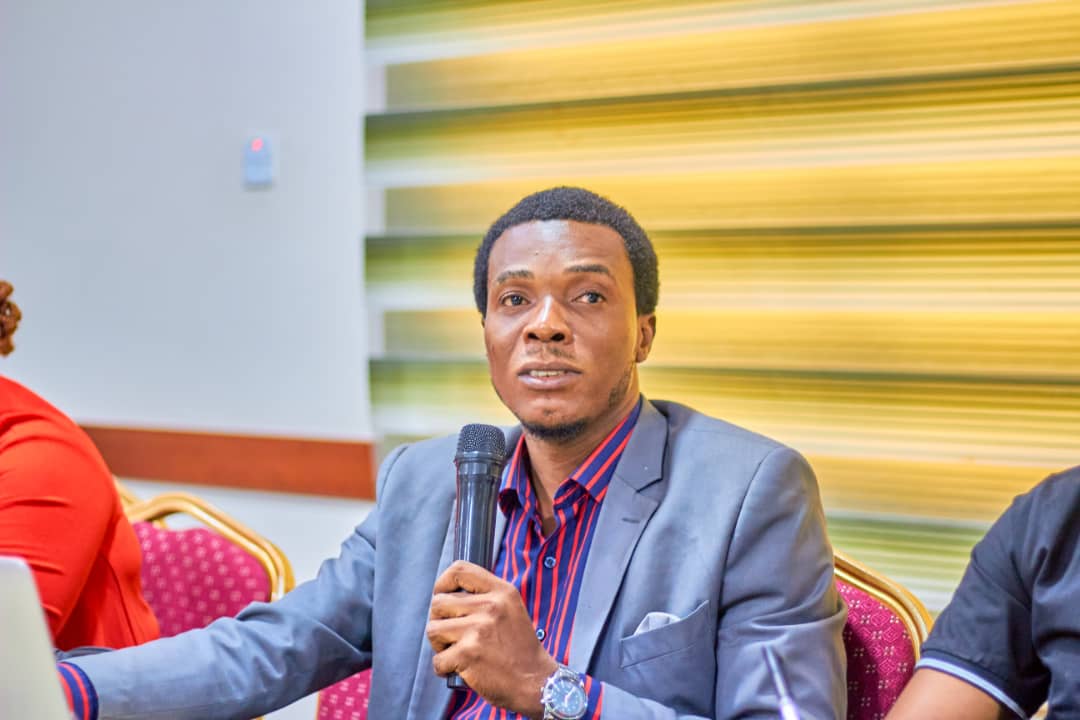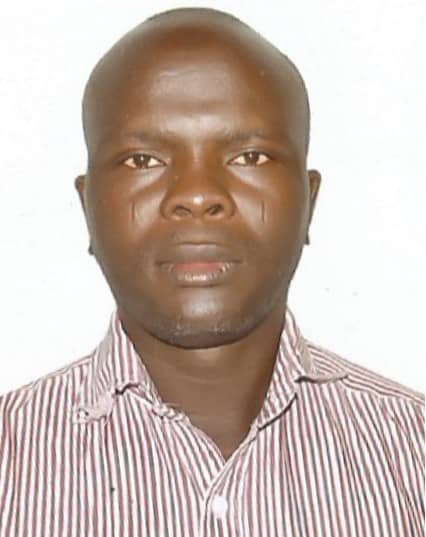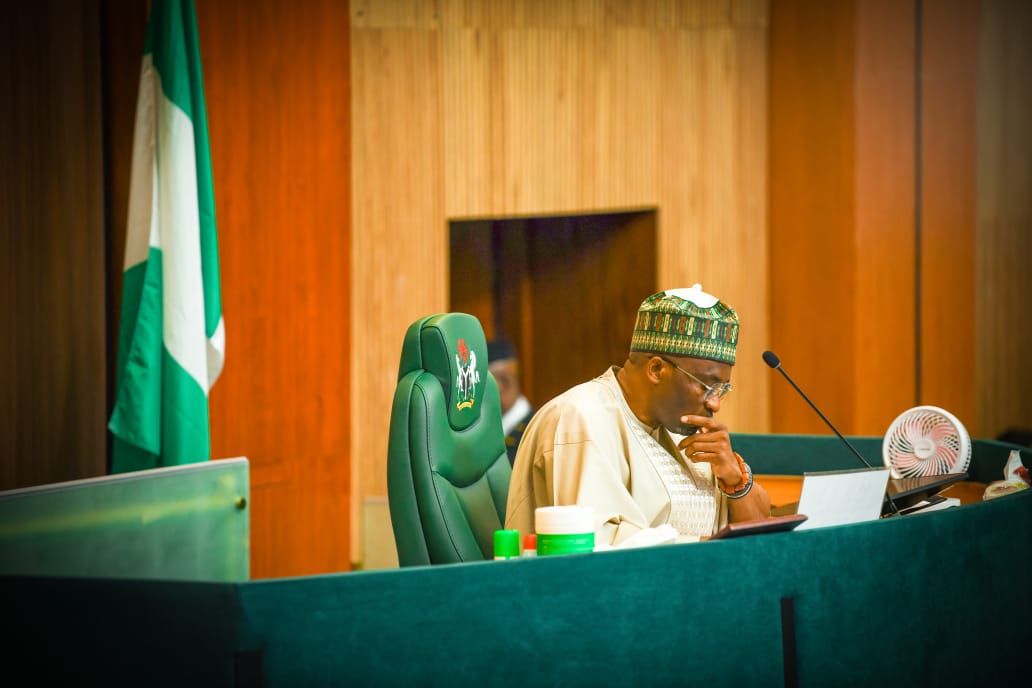HISTORICAL PERSPECTIVE ON POLITICAL BETRAYALS: LESSONS FROM CHIEF OBAFEMI AWOLOWO AND MKO ABIOLA, AHEAD OF 2027 PRESIDENTIAL ELECTION

By Musa Bakare
History often serves as a mirror reflecting the political dynamics and struggles of a society. In Nigeria, this reflection unveils a troubling yet familiar pattern, the gang up against visionary leaders. Chief Obafemi Awolowo, Bashorun Moshood Kashimawo Abiola, and now Asiwaju Bola Ahmed Tinubu embody this recurring narrative, revealing how the quest for political change is often sabotaged by a coalition of vested interests.
Each of these leaders represented a significant ideological movement. Awolowo was a champion of regionalism and social welfare, creating a legacy of free education and infrastructure development in the Western Region that others envied. Abiola, through his historic electoral victory in 1993, transcended ethnic politics, symbolizing a hope for democracy and unity. Asiwaju Tinubu carved his niche in pragmatic governance, seeking to rejuvenate Nigeria’s decaying economy through bold reforms upon taking office in 2023.
However, the rise of any of these three leaders was met with an inevitable backlash from those unsettled by their capacity to instigate genuine change. Awolowo’s profound pragmatism and unbeatable vision threatened the status quo, leading his political adversaries to resort to political persecution disguised as justice.
MKO Abiola’s compelling electoral mandate set him on a collision course with entrenched interests that annulled his victory, ultimately stripping him of his freedom and life.
The patterns echo clearly today with President Tinubu’s presidency. His ambitious reforms, subsidy removal, forex unification, and social investment targeting the underprivileged have been met with fierce opposition. A coalition of failed politicians and vested interest groups are pushing back against a leader they cannot control, echoing the tribulations faced by both Chief Awolowo and MKO Abiola.
Nigeria’s multi ethnic fabric has fostered political coalitions based on ethnic lines, often marginalizing influential figures. The political turmoil incited by military rule encouraged unusual alliances that may not have formed under normal circumstances, paving the way for the coalitions we observe today.
Personal ambitions have always complicated political landscapes. In the face of ambitious leaders, rivals have formed coalitions to undermine progress, fearing the loss of their own power and relevance. This has been true across the spectrum that affected Chief Awolowo, MKO Abiola, and now President Tinubu.
Awolowo struggled against contemporaries who felt threatened by his vision intelligence and foresight. Abiola’s rise to the presidency was not solely curtailed by military rule, but also by rival factions that saw him as a direct threat.
President Tinubu has garnered significant political support all over the country, opposition coalition remains persistent, indicating that coalition building against prominent figures is an entrenched aspect of Nigeria’s political culture.
The need for reform and national progress is crucial, yet it is threatened by the same antagonistic forces that have historically resisted visionary leadership. The tactics employed against these leaders have not evolved; they remain as insidious as ever, propaganda, manufactured lies and crises, and regional divisions are still tactics used to destabilize governance.
The question now is whether Nigerians will allow history to repeat itself, transforming tragic episodes into a farce. The stakes are high.
READ ALSO: ASUU Rejects FG’s N10m Loan Offer, Demands Salary Review, Payment of Withheld Wages
NIGERIA, ISRAEL PLEDGE STRONGER SECURITY, ECONOMIC TIES
To stand with Tinubu ahead of 2027 Presidential election transcends tribal, party, or personal loyalties; it is about safeguarding Nigeria’s potential for authentic transformation. If this opportunity is again squandered, the nation may not see another like it for generations.
As we navigate these turbulent times, it is imperative to recognize the historical playbook of those who have consistently undermined progress. The choice is now in the hands of the Nigerian people: will we rise to the occasion and ensure our collective future is not again dictated by the enemies of progress ? God forbid.
Asiwaju till 2031……
Musa Asiru Bakare
Member, APC member,
Tinubu Support Group (TSG), political Analyst.
Writes from Lokoja, Kogi State
August 10, 2025





